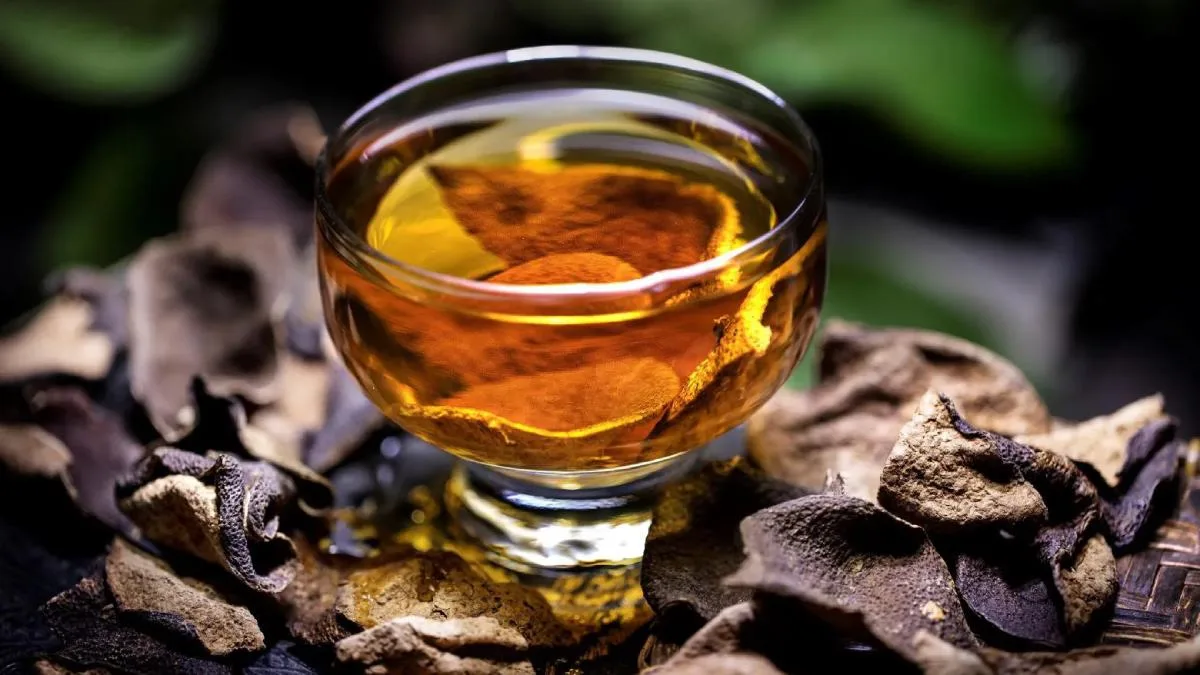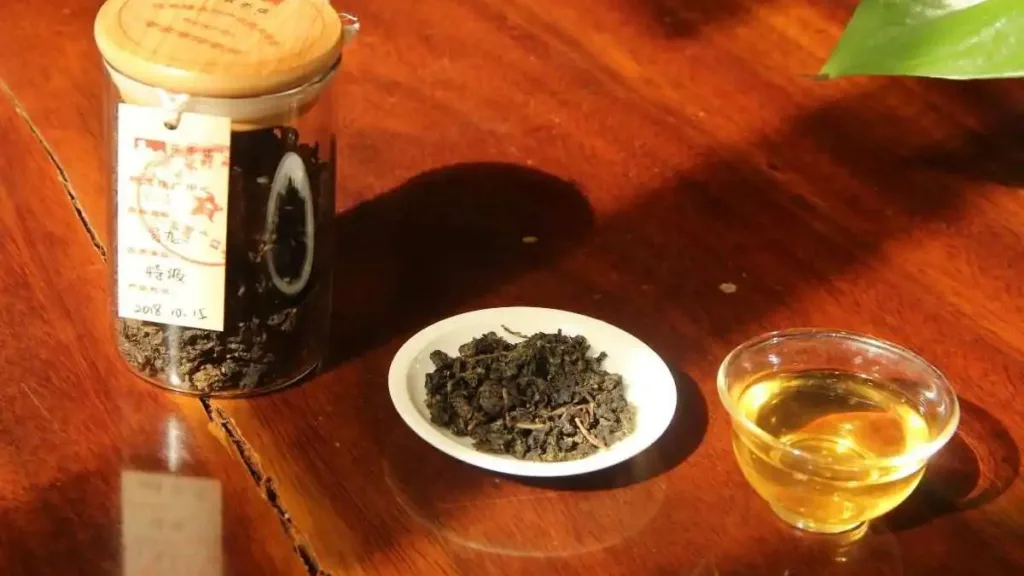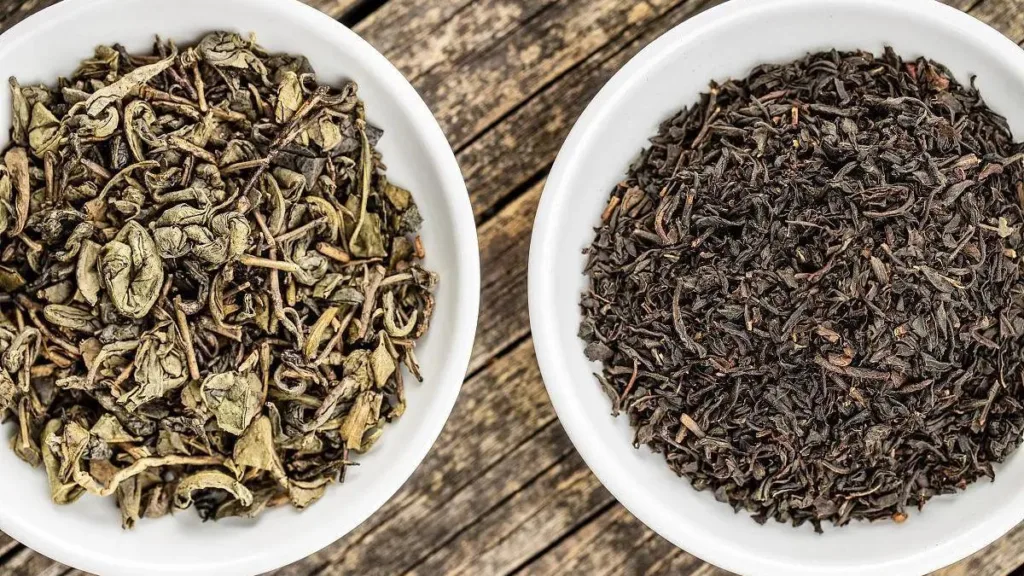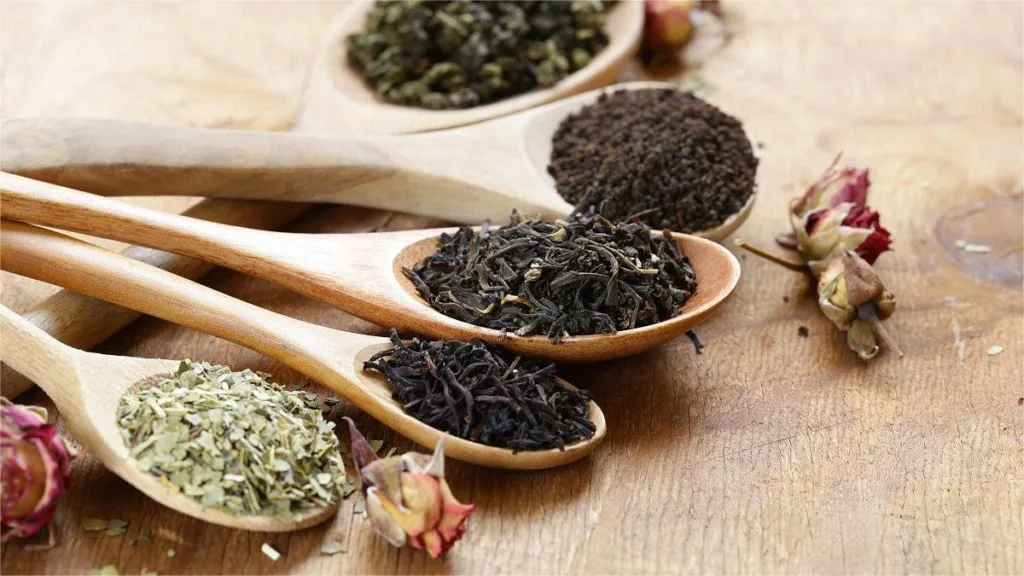Orange peel, also known as Chenpi, is the matured peel of the citrus fruit, belonging to the Rutaceae family. The citrus trees are evergreen small trees or shrubs cultivated in hilly areas, low mountain zones, along rivers, lakes, or plains. They are distributed in regions south of the Yangtze River in China.
History of the Chinese Orange Peel Tea
As a versatile medicinal and culinary ingredient, Chenpi is a treasure in Chinese civilization and first appeared in the Eastern Han Dynasty’s “Shennong Ben Cao Jing,” dating back over 1900 years.
Chenpi is categorized into “Chenpi” and “Guang Chenpi.” According to historical records in various herbal medicine texts, the use of Guang Chenpi first appeared in the Song and Yuan dynasties, gaining popularity during the Ming and Qing dynasties. New Hui Chenpi, considered superior among Guang Chenpi, has a cultivation history of over 700 years. During the Ming and Qing dynasties, it established itself as a leading medicinal ingredient. Empress Dowager Cixi even designated New Hui Chenpi as a tribute, and to this day, the Forbidden City in Beijing houses nearly a century-old collection of New Hui Chenpi.
Brewing Method
During the ripening of the fruit from October to December, pick the fruit, peel the skin, and let it air-dry or dry in a well-ventilated area. Guang Chenpi (Chenpi) is often cut into 3 to 4 segments when peeling. The medicinal herbs are divided into “Chenpi” and “Guang Chenpi.”
Clean the orange peel and cut it into shreds, dices, or chunks. It can be steeped with hot water alone or combined with tea leaves. This not only results in a fragrant taste but also offers appetizing, refreshing, and invigorating effects.
Health Benefits of the Chinese Orange Peel Tea
- Relief for Chest and Abdominal Fullness: Orange peel disperses cold, regulates qi, and has a fragrant aroma. It is effective for promoting the flow of lung qi and alleviating chest congestion, fullness, and symptoms of qi stagnation in the chest and abdomen. It is often used in combination with herbs like Mu Xiang (Aucklandia Root) and Zhi Ke (Bitter Orange Peel).
- Dampness Expelling and Digestive Aid: Orange peel is bitter, warm, and has the ability to dry dampness while invigorating the spleen and promoting qi circulation. It is commonly used for conditions of dampness obstructing the middle burner, abdominal distension, and loose stools. It is often paired with herbs like Cang Zhu (Atractylodes) and Hou Po (Magnolia Bark).
- Spleen Tonic for Reduced Appetite: Orange peel is beneficial for strengthening the spleen, stimulating appetite, and addressing issues of reduced food intake and poor digestion. It is suitable for cases of spleen weakness, reduced food intake, indigestion, and diarrhea. It is frequently combined with herbs like Ren Shen (Ginseng) and Bai Zhu (White Atractylodes).
- Versatile Tea Blends: Orange peel can be combined with various ingredients to create diverse tea blends, each offering specific health benefits. For instance, a combination of orange peel, ginger, and tea leaves creates a tea with liver-calming, mood-lifting, and pain-relieving effects. Additionally, a blend with orange peel, tangerine peel, coix seeds, and dried tangerine peel is effective for phlegm-dampness conditions, helping reduce facial oiliness, tiredness, body heaviness, and excessive phlegm.
Note on Brewing: It is essential to emphasize the importance of strict adherence to ingredient proportions when preparing orange peel tea. Maintaining a balanced quantity and quality of each component ensures that the tea achieves an excellent taste and maximum nutritional benefits.
Incorporating Chinese Orange Peel Tea into your routine not only offers a delightful and aromatic experience but also provides a range of health benefits deeply rooted in traditional Chinese medicine practices. As always, individuals with specific health concerns should consult with healthcare professionals for personalized advice.



